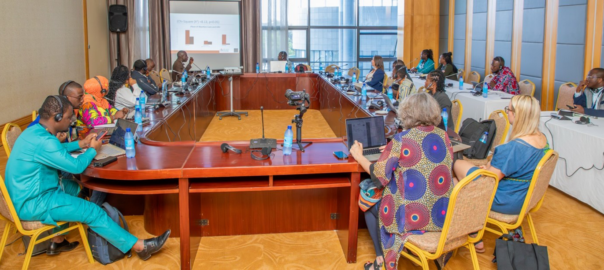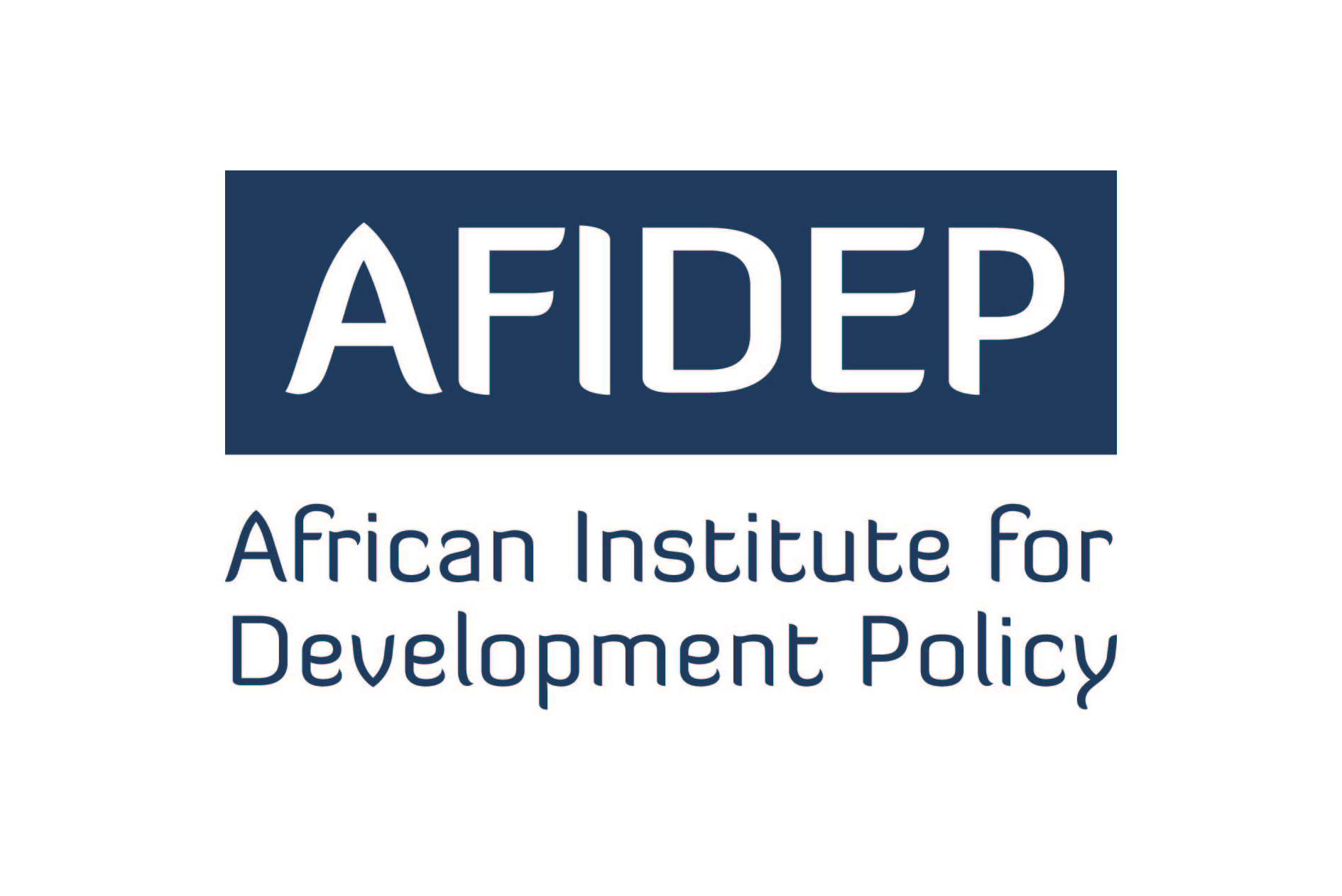AFIDEP and The DHS Program: A Partnership to Strengthen Capacity and Bridge the Gap Between Data and Decision-Making

Since 1984, The Demographic and Health Surveys (DHS) Program has been a cornerstone of health data, providing nationally representative insights on crucial topics such as fertility, maternal and child health, family planning, malaria, and nutrition. This wealth of data has been instrumental in shaping health policies and programs across the globe. Yet, there remains a persistent challenge: much of these valuable data go unused, and numerous opportunities to translate data into actionable strategies that drive meaningful change are often missed.
This is further compounded by the barriers policy makers and researchers in low- and middle-income countries (LMICs) face in accessing, analyzing, and applying DHS Program data. Challenges such as a lack of technical expertise and insufficient training opportunities make navigating complex datasets difficult. Combined with systemic issues such as weak institutional support and a limited culture of evidence-based decision-making, these hurdles have left much of the data’s potential untapped.
In response to these challenges, the African Institute for Development Policy (AFIDEP), based in Lilongwe, Malawi and Nairobi, Kenya, has partnered with The DHS Program in the ninth phase of the project (DHS-9) to work toward bridging the gap between data and decision-making. This collaboration aims to strengthen local capacity to use DHS Program data and cultivate a culture of evidence-based decision-making, enabling stakeholders across LMICs to access, interpret, and apply data to address Africa’s most pressing health challenges.
AFIDEP’s engagement with DHS-9 continues its mandate to bridge the gaps between research, policy, and practice in development across Africa. Since its establishment in 2010, the Institute has focused on strengthening institutional capacity for sustained evidence use. AFIDEP equips researchers with the skills to generate, interpret, and apply evidence, ensuring decisions are based on robust data tailored to the needs of African communities. Through capacity strengthening, evidence synthesis, and strategic advocacy, AFIDEP empowers governments and organizations to make informed decisions that foster inclusive, sustainable growth and improve lives across the continent.
AFIDEP and The DHS Program: A Partnership Focused on Strengthening Capacity
AFIDEP’s role within the DHS-9 consortium is not just about providing technical support—it is also about transforming how data are used to create impact. The Institute acts as a vital link between data and real-world impact. Tailored workshops and mentorship programs for policymakers, researchers, and program managers equip them with essential skills and empower them to integrate data into health program planning, resource allocation, and evaluation.
Beyond training, AFIDEP develops user-friendly tools such as policy briefs, data dashboards, and statistical modelling that make complex data accessible and actionable for a diverse range of stakeholders. The Institute also advocates for investments in health systems and infrastructure while shaping policies on critical issues such as family planning, reproductive health, and adolescent health.
AFIDEP is well positioned for this collaboration with The DHS Program. The Institute has made use of DHS Program data to analyze high fertility, unmet contraceptive needs, and youth demographics. AFIDEP has used DHS Program data to support 13 African countries to integrate issues related to the demographic dividend into their national development plans, and to revise the population policies of nine countries based on AFIDEP’s recommendations. These achievements are part of AFIDEP’s broader efforts to harness the demographic dividend of Africa’s young population.
The AFIDEP-DHS Program partnership demonstrates how data can shape policy and drive progress. By equipping policy makers, researchers, and program managers with the skills to access and apply DHS Program data, AFIDEP will help ensure that health policies are evidence-based and tailored to the unique needs of African countries.
This collaboration is poised to transform health outcomes by ensuring that data are a catalyst for change. It will empower communities, guide investments, and pave the way for a healthier, more prosperous future for millions of people.
Feature image: Participants at the 9th African Population Conference engaging with DHS Program data during one of the sessions.


